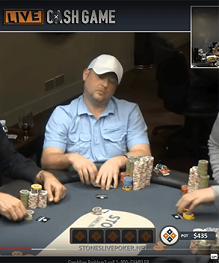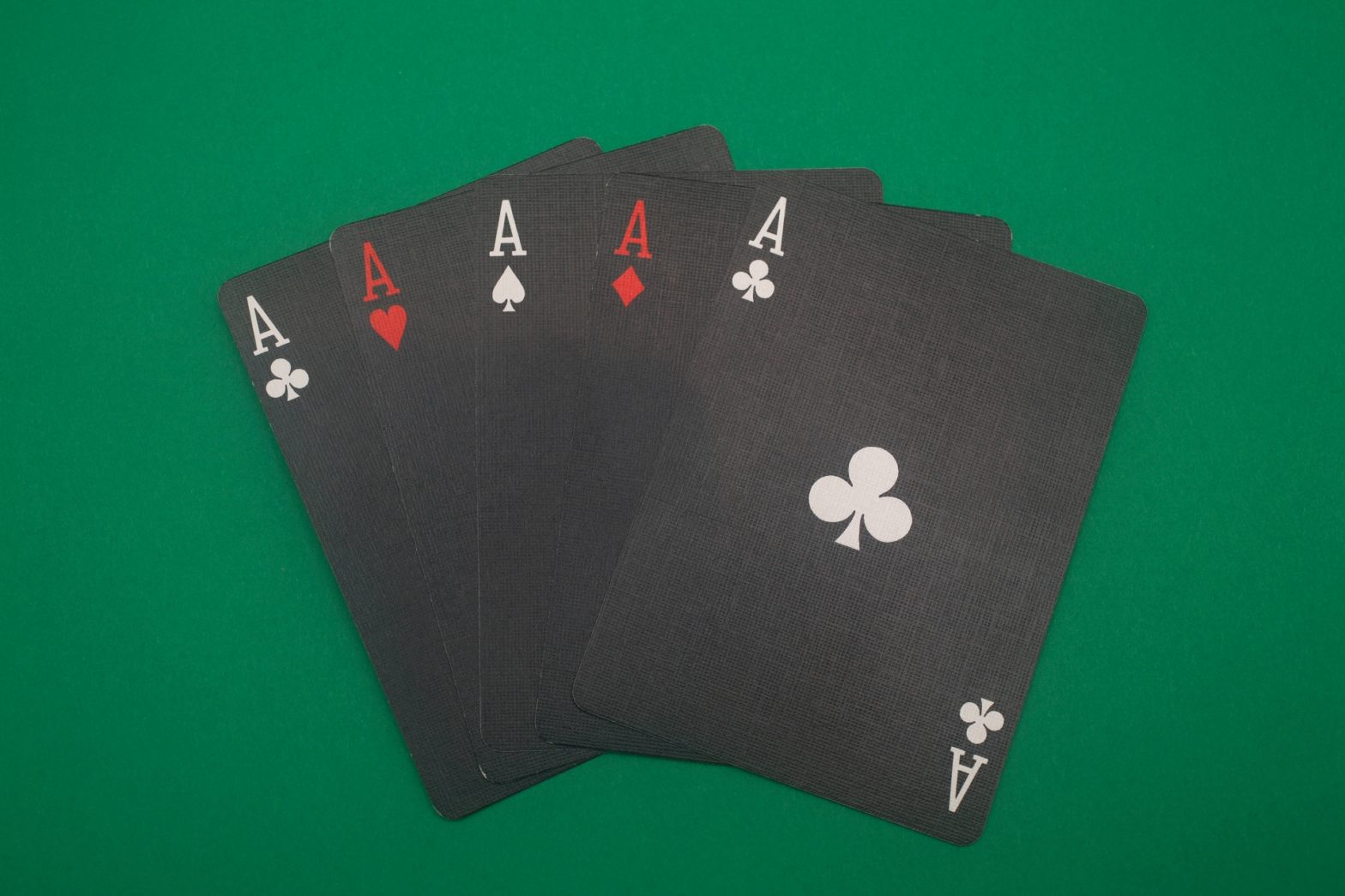US District Judge William B Shubb has dismissed a lawsuit brought by 88 plaintiffs and former players on Stones Gambling Hall’s “Stones Live!” podcasts against alleged poker cheat Mike Postle, “Stones Live!” director Justin Kuraitis, and Stones Gambling Hall corporate parent Kings Casino Management.
In his opinion, offered yesterday, June 3, 2020, Shubb largely relied on a gap in California gambling code to preclude going forward with the case, while also agreeing with a “lack of specificity” argument lodged by the defendants.
All five counts of actions brought against Postle were dismissed with prejudice, meaning they cannot be refiled in regards to the current matter. Several of the counts against Stones and Kuraitis were dismissed without prejudice, meaning that amended claims could still be filed. The primary attorney for the plaintiffs, Maurice “Mac” VerStandig, indicated via social media that he plans to file such an amended complaint:
Disappointment is not a strong enough word, but we will continue the fight with an amended pleading. In the interim, I would encourage everyone to read the judge’s opinion, which is detailed and well-written. My admiration for our clients has no bounds. https://t.co/bt5POVWawe
— Mac VerStandig (@mac_verstandig) June 3, 2020
In tossing the lawsuit, Judge Shubb cited an earlier California case, writing that, “The court upheld the trial court’s grant of summary judgment to defendants because plaintiffs’ action to recover his gambling losses were barred “under California’s strong and long-standing public policy against judicial resolution of civil claims arising out of lawful or unlawful gambling.”
Shubb also noted that despite growing acceptance of gambling by the public, California still does not have laws on the books to handle such matters. “Today, the California state legislature still has not created a statutory right to permit individuals to recover their gambling losses, although other states have done so.” Shubb made no reference, however, to any act or allegation of “cheating”, as most other states’ laws are antiquated clawback statutes designed more to bar all forms of illegal gambling activity.

Judge Shugg repeatedly harped on the allegations being incomplete, perhaps to deflect from his own lack of knowledge of the gambling issues at hand or to deflect from his possible distaste at having to adjudicate a gambling-related disagreement. One key point in Chubb’s dismissal was the plaintiffs’ complaint not naming the alleged co-conspirator who allegedly fed opponents’ hole-card info to Postle.
The judge detailed that when examining the claim of negligent misrepresentation filed against Stones Gambling Hall. “Critically,” wrote Shubb, “plaintiffs failed to disclose the identity of the alleged confederate. Without this information, the court cannot adequately assess the intent to defraud, whether the plaintiffs’ reliance was justified, or whether Stones held itself out as an honest business “without reasonable ground for believing” it to be true…. At the same time, plaintiffs have represented they are prepared to ‘allege the identity of Mr. Postle’s chief confederate by name and position.’” Shubb then granted the plaintiffs the right to amend this claim while implying that the “confederate” must then be named.
Shubb also found other grounds to dismiss the players’ widespread claims. He noted that the claims included no specific reference as to which players had participated in each of the 68 sessions in which Postle was alleged to have cheated. Shubb did not directly address — though he may have inferred to it in his repeated references to “speculative” losses — that there was no hand-by-hand analysis in the initial complaint. Though it would have likely been rendered moot anyhow by the judge’s reliance on the lack of an applicable gambling-related law, the lawsuit promised to, but did not include, odds-related analyses that would have detailed Postle managing to accumulate vast profits while taking lines during hundreds of hands that should have resulted in losses, had he not somehow had knowledge of his opponents’ holdings. Hundreds of those hands featuring illogical plays made up the basis of the widespread poker-world furor directed Postle’s way on a multiple of forums and social media.
The “speculative” nature of the losses also played into the other area where Judge Shubb provided leave to amend. While the judge ruled against any claims connected to the actual gambling, he did allow that the rake collected by Stones was a form of a business service, and that the plaintiffs could file a claim against those fees, also via an amended complaint.
The judge also tossed out the libel claim brought by lead plaintiff Veronica Brill against Stones Gambling Hall, leaning on a California legal code that says such a claim can’t be brought by a member of a group of 25, referring to this case’s 88 plaintiffs. That of course ignores the fact that the alleged libelous Tweet at the core of the claim was made long before the larger group of claimants ever existed. Had the libel claim been filed separately, Shubb would have had to conjure up another reason to dismiss.
Shubb’s dismissal follows a long judicial history of finding a way to support businesses and their ongoing practices, to the detriment of consumers. Here, the damage may only just be beginning. While declaring the lawsuit invalid and the claims against cheating unenforceable under California law, Shubb has all but thrown out a welcome mat to all forms of card cheats across the Golden State. Such cheats no longer have to worry about civil prosecution from their victims, since all such losses would be “speculative”. Nor would the house have any claim — as in, say, cheating at the poker table — since the house has collected its rake separately and has no say in the actual gambling outcome. (This is separate, of course, from cheating against the house, which would no doubt be swiftly dealt with under California law.) The cheaters could be banned from the gambling facilities, since gambling halls are privately or corporately owned, but cheating at poker wouldn’t even qualify for entry into California’s equivalent of Nevada’s famed little black book, because no laws have been broken.
No matter how one looks at it, it’s a sad result. Judge Chubb searched for a way to not adjudicate the case and found it, rather than finding a way to actually hear and judge the core activity, meaning Postle’s alleged cheating. Whatever justice is, it didn’t happen here.

